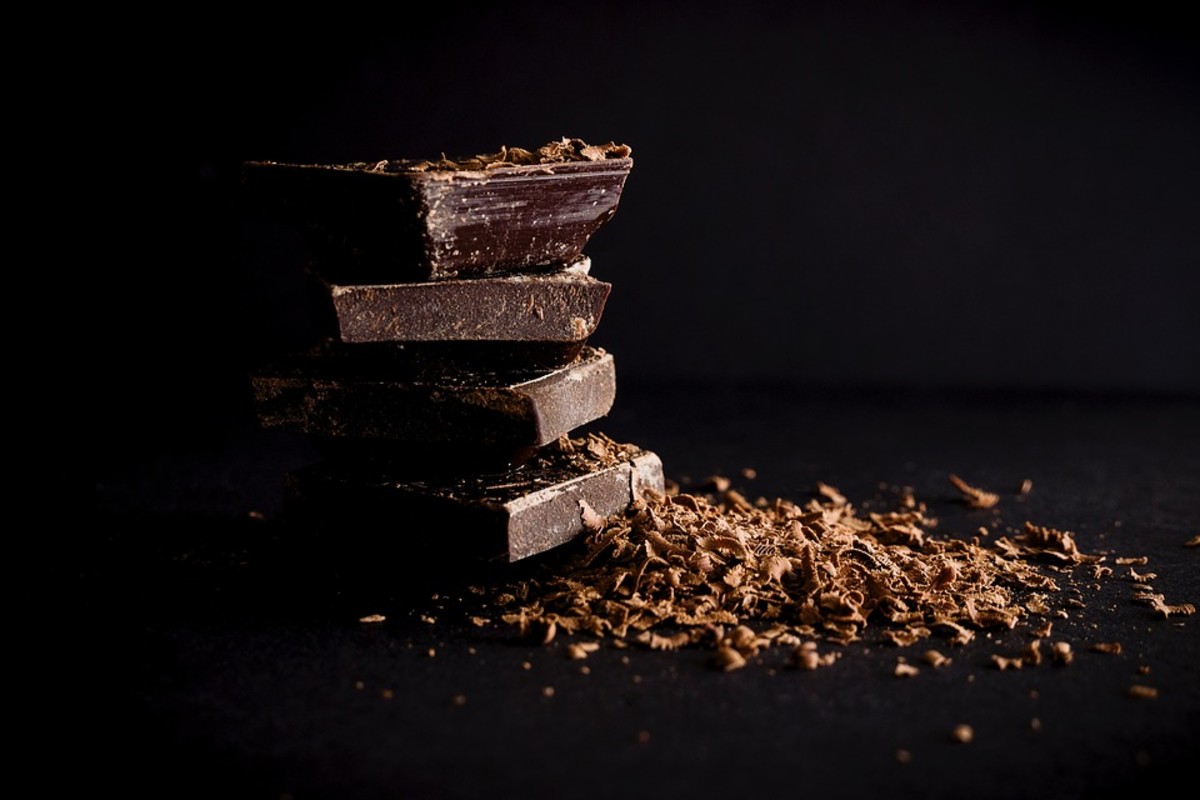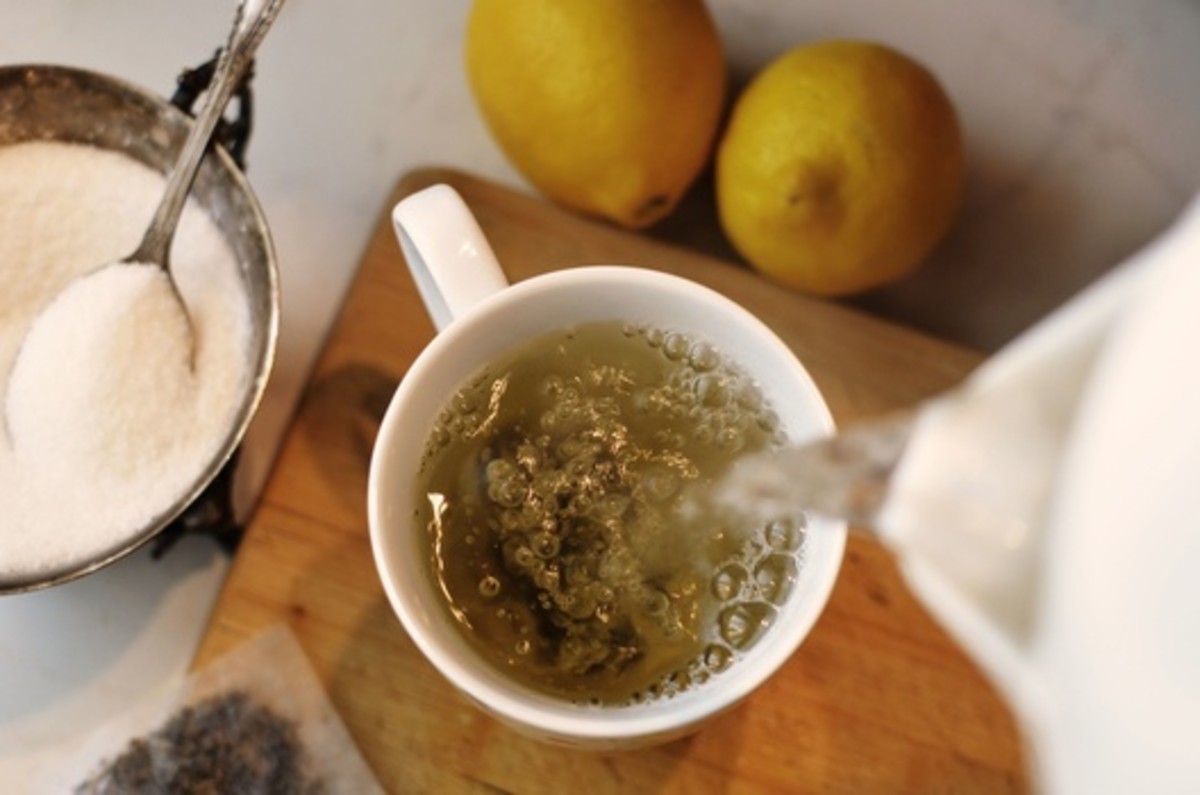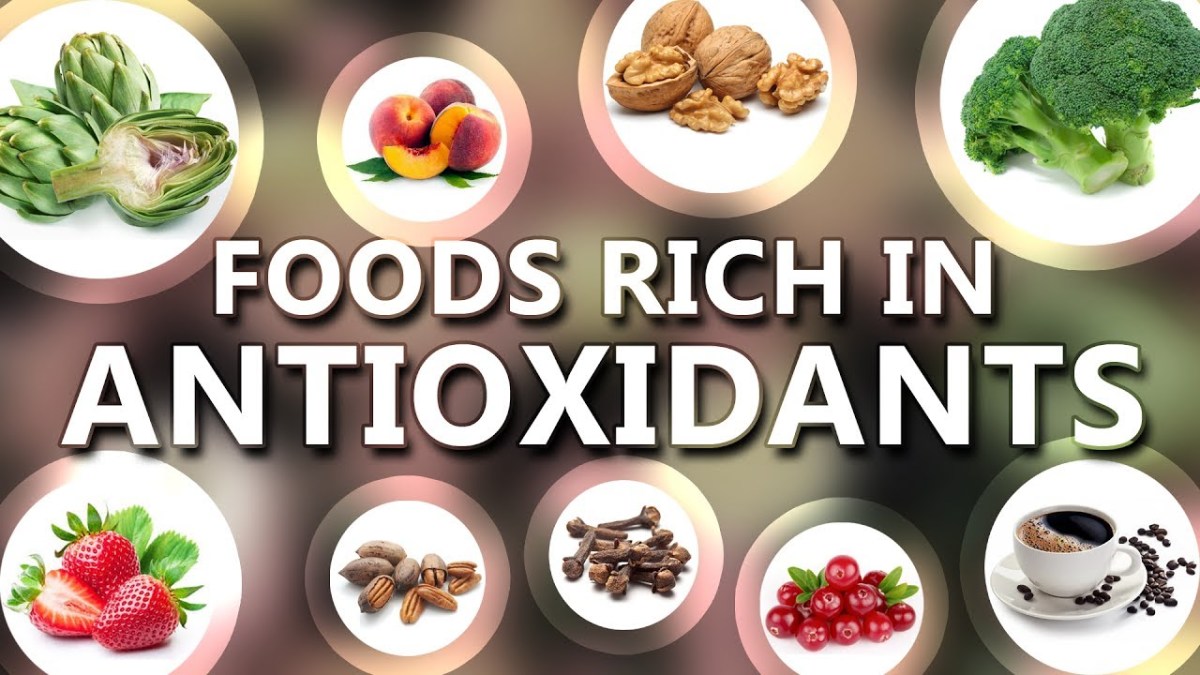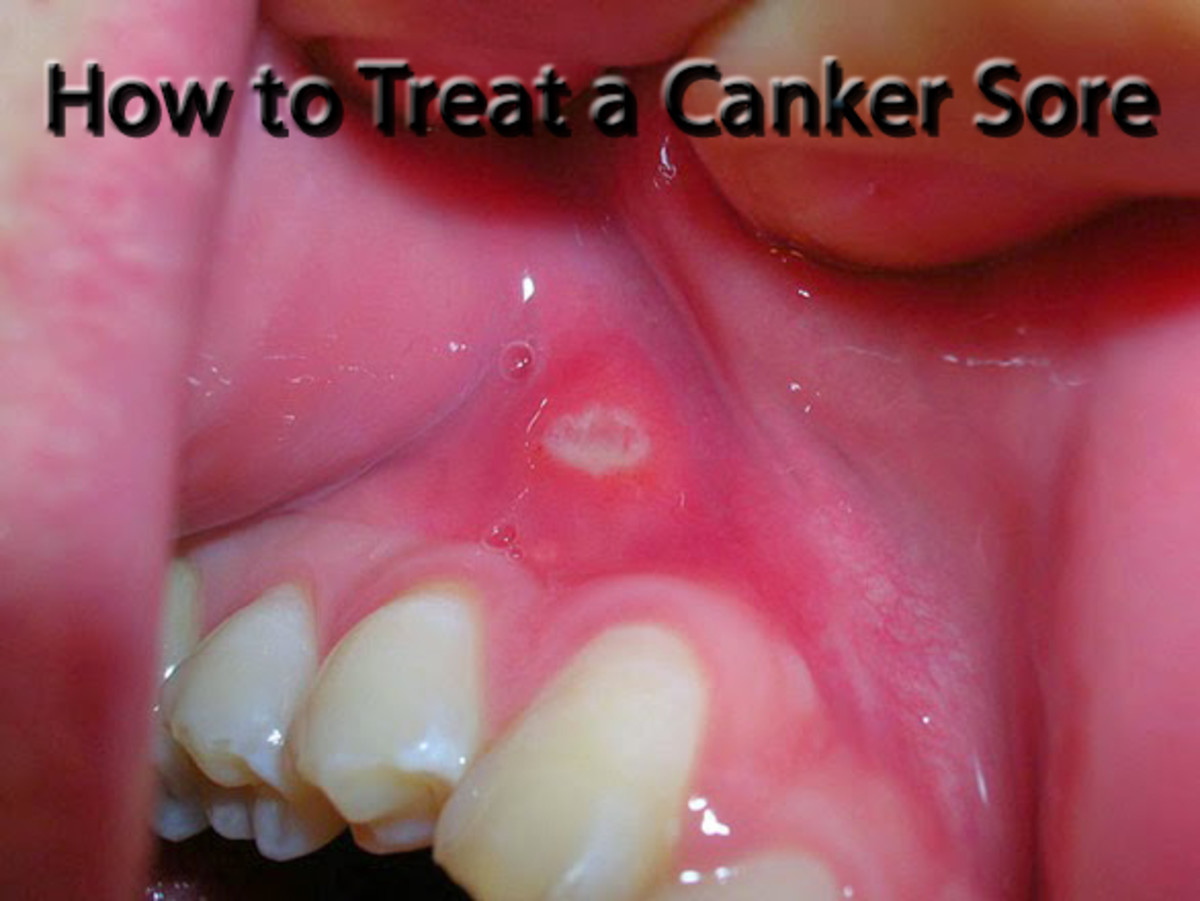Free Radical Removers - 25+ Antioxidant Rich Foods
What Are Antioxidants?
Antioxidants are substances that the body uses to stabilize free radicals so that they do not cause cell damage. There are many different types of antioxidants. Some of the more well know are Vitamin C, Vitamin E, beta-carotene, and the mineral selenium. Other not so well known antioxidants are curcumin (found in turmeric), OPC (aka Vitamin P or bioflavonoids), which is found in grape seed, and Glutathione (grass fed beef helps the body produce it).
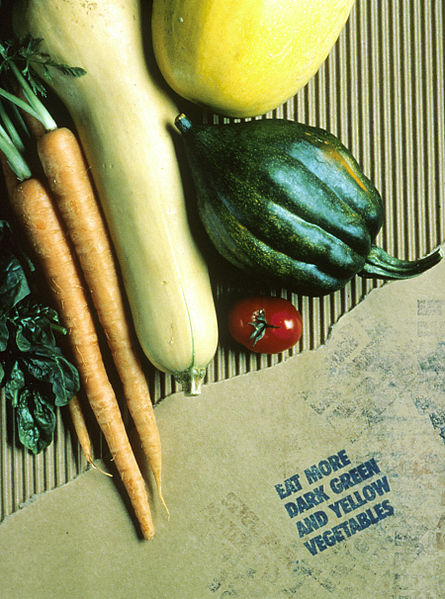
Why Are Antioxidants So Important?
The body can be exposed to free radicals during normal body processes such as digestion, any type of radiation (including the sun), and external pollutants, just to name a few. Since it is impossible to avoid free radicals, it is important to consume antioxidants to prevent and counteract the negative cell-damaging effects that free radicals are capable of producing. Because cell damage goes hand in hand with many diseases, there is the possible link that reducing free radicals through the consumption of antioxidants could lead to a longer, more healthy life.
25+ Antioxidant Foods
Antioxidants are found in so many foods that you probably already eat them every day. However, a diverse consumption of antioxidants is more beneficial to cell protection than just one or two. Eating several of the below foods is a good way to increase antioxidant levels in the body. These foods contain healthy doses of antioxidants to help combat free radicals the body faces each day:
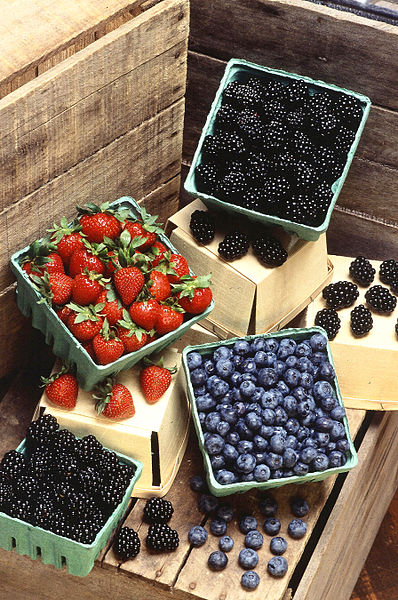


1. Berries, including blueberries, blackberries, strawberries, and cranberries.
2. Red or green apples.
3. Leafy green vegetables, such as spinach, collard greens, kale, broccoli, and cabbage.
4. Red wine and tea.
5. Certain spices such as thyme, oregano, turmeric, cloves, ginger, cinnamon, paprika, dried peppermint, star anise, sage, rosemary and basil.
6. Onions, garlic, and leeks.
7. Avocados, vegetable oils, and flax.
8. Nuts, seeds, and mushrooms (especially maitake, shiitake, and reishi).
9. Seafood, fish, and fish oil.
10. Lean meat and grass fed red meat.
11. Dried red beans, black bean, and pinto beans.
12. Apricots and mangoes.
13. Cocoa powder and cocoa extracts (the less processed, the better).
14. Pink grapefruit and oranges.
15. Artichokes, asparagus, and bell peppers.
16. Russet potatoes, sweet potatoes.
17. Tomatoes (high in lycopene).
18. Fruits with stones (cherries, peaches, nectarines, plums and prunes).
19. Red grapes.
20. Carrots.
21. Edamame and lentils.
22. Brussels sprouts, alfalfa sprouts, beets.
23. Squash and parsley.
24. Sauerkraut.
25. Pomegranate and pomegranate juice.
In addition to eating many of the foods listed above, it is important to buy organic whenever possible so that you can eat the peel of certain fruits and vegetables in order to get the maximum antioxidant benefit without the added pesticides. Cooking reduces the amount of antioxidants in many foods as well, so eat them raw or lightly steamed whenever possible. Reducing stress will help to retain the antioxidants you have consumed. Yoga and meditation are two simple activities that can help reduce stress.
Antioxidant Study
A Note on Supplements and Exercise
If you are eating a diet rich in fruits and veggies and are considering taking antioxidant supplements, take into account that overdoing your antioxidant intake is more detrimental than beneficial. Always consult with a doctor before taking any supplements. Most of the nutrients our bodies need can be found naturally in the foods we eat, so extra supplements are not necessary unless there is a known deficiency.
A study published in December 2014 in the Journal of Physiology found that high powered antioxidants actually inhibited the muscles of the strength training volunteers who took them. More information about this study can be found in the "Antioxidant Study" link above.
For additional antioxidant-containing foods and a more comprehensive breakdown of the antioxidant content in a variety of foods, two articles of interest are as follows:
Eating lots of fruits, vegetables, nuts, lean meats, and healthy fats will ensure that your body is getting the nutrients it needs and you will gain the added benefit of consuming cell defending antioxidants as well. For more information on dietary guidelines, check out the following links:

